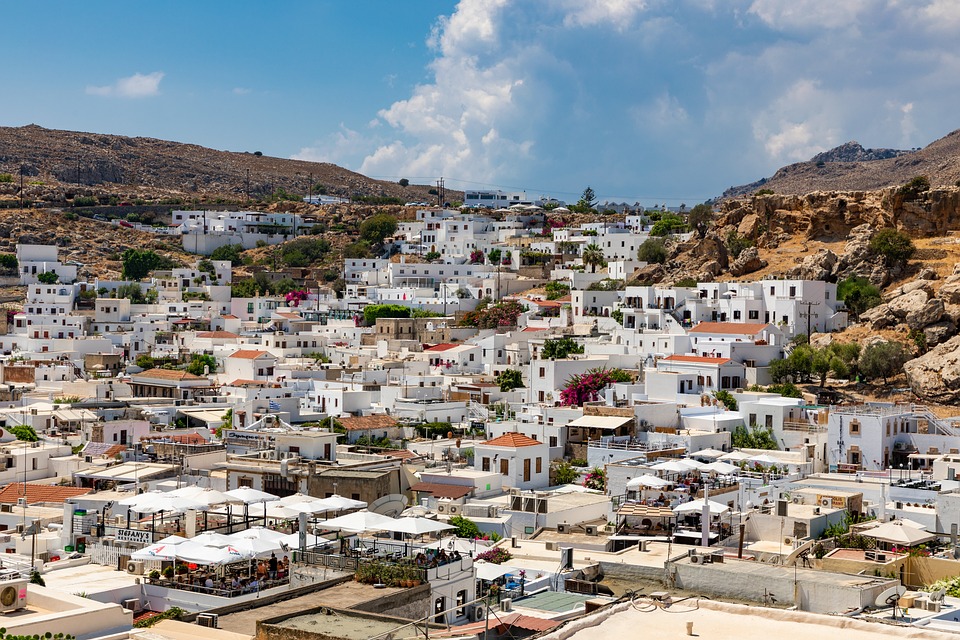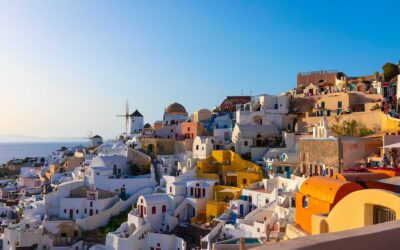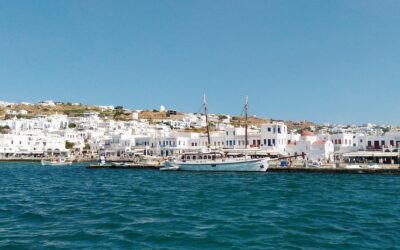
Introduction
Greece, known for its stunning landscapes, ancient history, and vibrant culture, is increasingly becoming a beacon for eco-tourism. This form of sustainable travel not only allows visitors to explore the country’s natural beauty but also encourages responsible behaviors that protect the environment and local communities. As travelers become more aware of their ecological footprints, Greece’s eco-tourism initiatives provide an array of opportunities for a meaningful experience rooted in conservation and sustainability.
The Allure of Natural Wonders
Greece boasts a diverse range of ecosystems, from the rocky coastlines of the islands to the lush green mountains of the mainland. Regions like the Peloponnese, Crete, and the Ionian Islands are highlights for eco-tourism, featuring breathtaking hiking trails, pristine beaches, and unique wildlife habitats.
Highlighted Destinations
Zakynthos: Famous for the Navagio Beach, this island is more than just a picturesque spot. It’s home to the endangered loggerhead turtle and promotes sustainable fishing practices, eco-friendly accommodations, and marine conservation efforts.
Chalkidiki: Known for its beautiful pine forests and crystal-clear waters, this region focuses on organic farming and sustainable tourism activities, such as olive oil tastings and local cuisine workshops.
- Mount Olympus: As Greece’s highest mountain, it offers fantastic hiking trails with guided eco-friendly tours that educate visitors about the area’s biodiversity and protect its fragile ecosystems.
Sustainable Practices in Accommodation
The rise of eco-friendly accommodations is central to Greece’s eco-tourism movement. Many hotels and lodges are implementing sustainable practices, such as:
- Using Renewable Energy: Many establishments utilize solar panels and wind energy to minimize their carbon footprint.
- Water Conservation: Eco-friendly hotels implement methods to conserve water, encourage guests to reuse towels, and provide information about the importance of reducing water usage.
- Local Sourcing: Restaurants and accommodations often emphasize the use of locally sourced food, which helps to support local economies while reducing transportation emissions.
Engaging with Nature: Activities for Eco-Conscious Travelers
Greece offers numerous eco-friendly activities that allow visitors to engage with the natural environment responsibly:
Hiking & Trekking: Greece’s extensive network of trails, particularly in national parks, allows for immersive experiences in nature. Popular trails like the Samaria Gorge provide scenic views while promoting conservation efforts.
Birdwatching: With its diverse avian population, birdwatching is a popular activity, especially in wetlands like Lake Kerkini, where visitors can observe numerous migratory species.
- Agritourism: Staying on a traditional farm and participating in agricultural practices such as grape harvesting or olive oil production enables travelers to learn about and appreciate local customs and sustainable farming methods.
Community Involvement and Economic Impact
Eco-tourism in Greece is also focused on community involvement. Encouraging local participation in tourism ensures that benefits are distributed fairly and that cultural heritage is preserved. This can be seen in programs where local artisans showcase their crafts, or communities invite visitors to partake in traditional festivals, enhancing cultural understanding and providing economic support.
Challenges and Future Directions
While Greece is making strides in sustainable travel, challenges remain. Overtourism in popular areas can strain local resources, and there is a continuous need for education on responsible behaviors among tourists. Future eco-tourism efforts must focus on awareness campaigns, infrastructure improvement, and the development of lesser-known destinations to mitigate these challenges.
Conclusion
Greece stands at a crossroads, where the beauty of its landscapes and the richness of its culture can coexist harmoniously with responsible eco-tourism practices. By embracing sustainable travel, visitors can not only enjoy all that this magnificent country has to offer but also contribute to preserving its natural and cultural heritage for generations to come. Eco-tourism is not just a trend; it is a pathway to a more sustainable future—one that Greece is eager to pursue.










